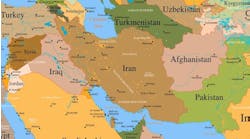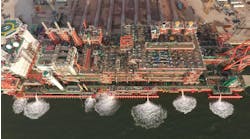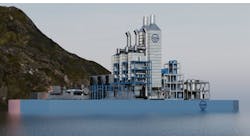Offshore staff
GUILDFORD, UK – A research project is under way in northern Scotland, aimed at improving treatment for oil separation and produced water associated with enhanced oil recovery (EOR) techniques.
The work is being performed at test facilities in Orkney, operated by UK-based Opus under a joint industry project (JIP) supported by BP, Shell, Statoil, Total, and Wintershall and supervised by technology management consultants OTM.
The study is examining the impact of EOR on fluid separation efficiency, and will research ways to reduce any resulting environmental impact.
Large quantities of water are produced along with hydrocarbons during extraction and water production volumes rise as oil and gas fields reach maturity. According to Opus, produced water has to be managed efficiently to reduce the potential risk to the marine environment.
The JIP will undertake a desktop review of EOR technologies to improve understanding of current methods and to identify other concepts suitable for testing.
Detailed field and laboratory trials will then be performed at Flotta, Orkney, including bulk separation and produced water tests to investigate the effect each EOR method has on specific produced water treatment technologies.
Phase 1 of the project, due for completion in October, will focus on polymer flooding. Adding polymer to water makes it thicker and more viscous, helping to drive more oil toward the wellhead, but the resultant produced water can also be a prime cause of separation difficulties.
Other EOR techniques that may be considered are Alkali-Surfactant-Polymer (ASP) flooding and carbon dioxide (CO2) injection. ASP is used to inject chemicals into the well to interact with the water and free trapped oil, making it easier to recover. CO2 is also pumped in to assist displacement of oil from a reservoir.
6/25/2012


